Hindutva, an important but much misunderstood idea, has been written and spoken about often in bits and pieces. At least since Veer Savarkar attempted its integral treatment way back in 1923. While The Saffron Book cannot claim to be a comprehensive thesis, it certainly is an attempt to think through Hindutva, a concept which has not only a past and a present but also a future. With the demise of communism, the decline of socialism and the disappearance of Nehruvian secularism very much in sight, an ideological vacuum has emerged in India. The author believes that now on Hindutva will hold the ideological centre stage in Indian politics. Hindutva is the only dialectical ideology that has taken root in Asia. Dialectical in the sense of not merely being logical but also the basis of policies. All other ideologies are of European pedigree. Ideally, the Asian genius is best motivated by an Asian ideology. As you read on, you will find that the core of Hindutva is self actualisation. Consequently, it is averse to the subjugation of others. If all the countries in the world could be influenced by a similar volition, surely the earth would be a more peaceful place. All in all, Hindutva is a many splendoured ideology. The book offers glimpses of this splendour.
The Saffron Book
$9.90
$11.00
In stock
Free & Quick Delivery Worldwide
All orders amounting to US$ 50 or more qualify for Free Delivery Worldwide. For orders less than US$ 50, we offer Standard Delivery at $14 per book.
ABOUT THE AUTHOR Prafull Goradia
The Saffron Book is neither a hidden agenda nor a secret conspiracy. It is the open manifesto of a modern Indian who was born in Mumbai, bred in Gujarat, brought up in Kolkata and now shuttles between Vadodara and Delhi. He has a second house in Kochi as well as a residence in Ahmedabad. His business is spread across nine cities from Guwahati in the east to Coonoor and Coimbatore in the South. Son of a Boston University Graduate, his wife and both his daughters finished their studies at Cambridge, England. Schooled by Catholic Anglo-Indians, he graduated from Elphinstone College, Mumbai, in 1956. He later learnt spoken Urdu from Agha Iqbal Mirza who was a virtual member of the household for eight years until he died in 1986. His earliest business benefactors happened to be the Jewish Elias family of Calcutta. Two of his aunts were Parsee. Although a Gujarati, Goradia also speaks Hindi and Bengali. His great grandfather was the first allopath to pass out of an Indian university with a degree called Licenciate of Medicine in 1863. His grandfather was the Divan of Morbi state in Saurashtra until 1933. All in all, he has not the slightest grouse against any community. The only difference between him and some members of the intelligentsia is that he does not pay the tribute that the Hindu politeness often pays to anti Hindus who wear the slogan of secularism on their sleeve. Hypocrisy is not the key to achieving Hindu Muslim oneness without which India cannot be integrated. Many a great soul beginning with Emperor Akbar to Bhakta Kabir to Mahatma Gandhi has tried. Jawaharlal Nehru and Rajiv Gandhi a la Shah Bano also attempted. Yet the equation has oscillated between that of acquaintance and the adversary. At best, they have smiled and at worst they have killed one another. It has never firmed up into friendship. Goradia believes no one can be a friend unless he is frank and forthright. The Saffron Book is his answer to fulfil his undying desire for a united India where 100 crore people can move forward like one person to catch up on their lost centuries.
reviews
0 in total
Review by Anonymous
Be the first to review “The Saffron Book” Cancel reply
You must be logged in to post a review.
Bibliographic information
Title
The Saffron Book
Author
Edition
1st. ed.
Publisher
ISBN
8175252324
Length
xiv+327p., Glossary; Index; 22cm.
Subjects


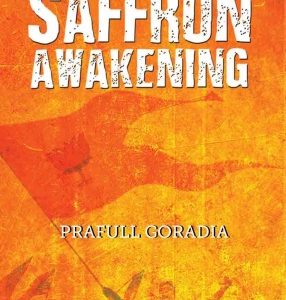
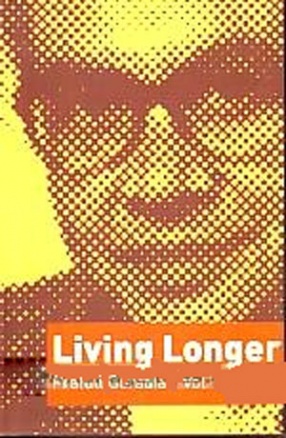
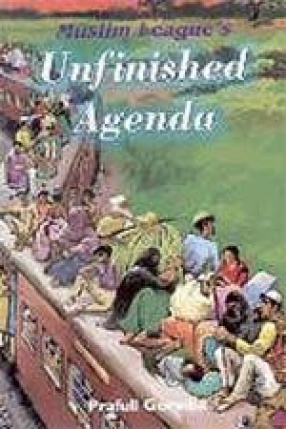

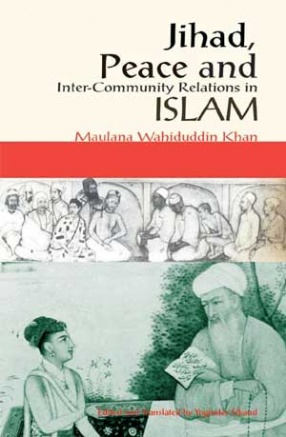
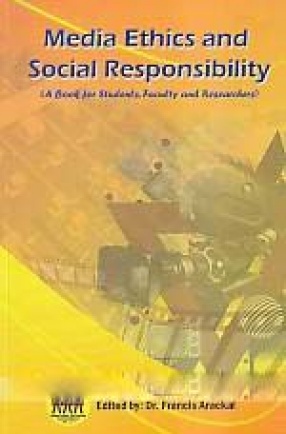
There are no reviews yet.